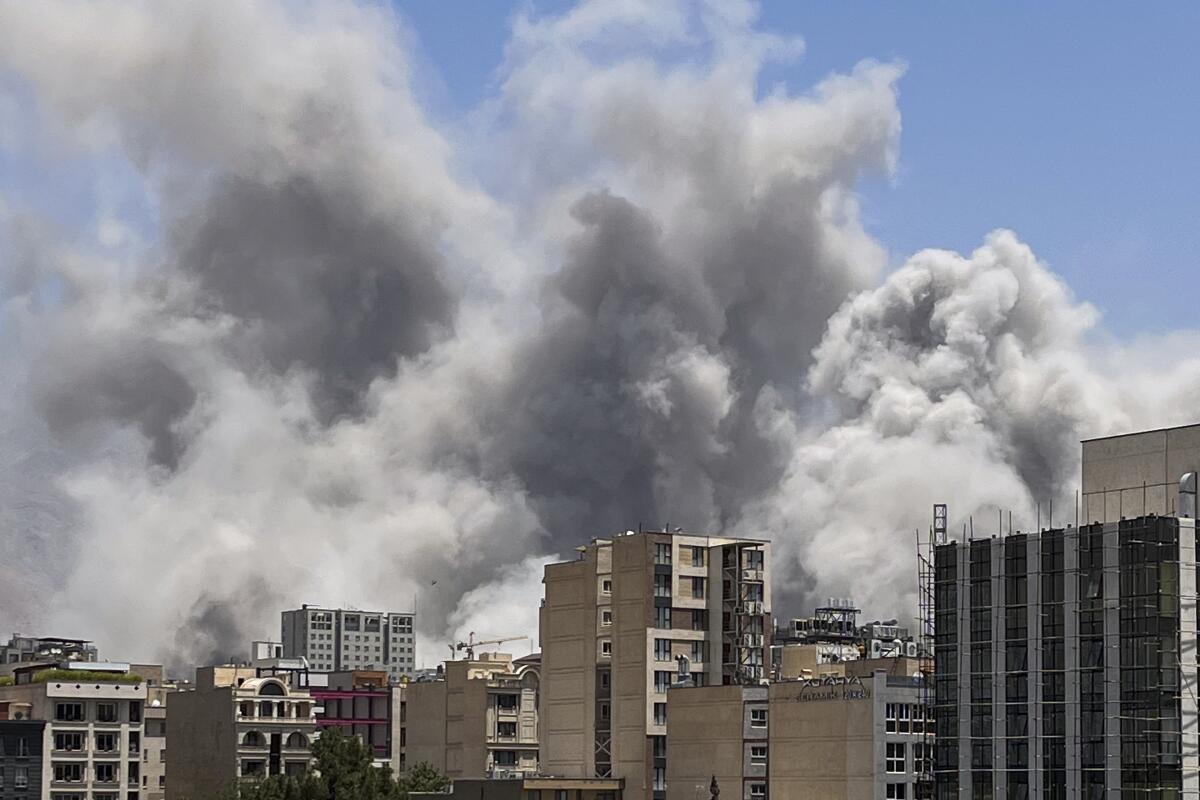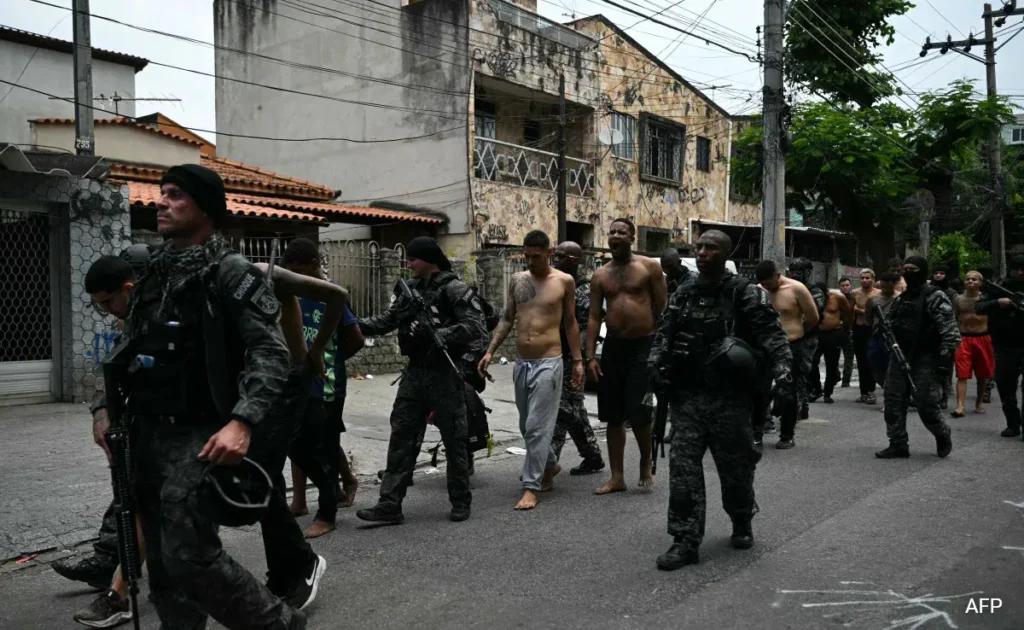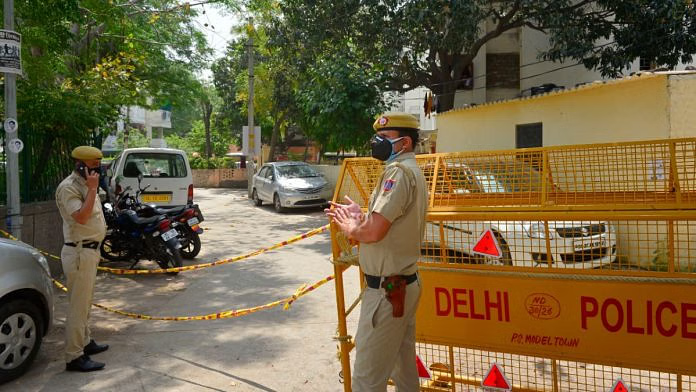Now Reading: Targeting Iran’s Nuclear Minds: 14 Scientists Reportedly Killed Amid Ongoing Tensions
-
01
Targeting Iran’s Nuclear Minds: 14 Scientists Reportedly Killed Amid Ongoing Tensions
Targeting Iran’s Nuclear Minds: 14 Scientists Reportedly Killed Amid Ongoing Tensions

In a startling development that underscores the intensity of the Israel-Iran conflict, reports suggest that 14 Iranian nuclear scientists have been killed in recent months. These scientists, considered critical to Iran’s nuclear program, are believed to have been targeted systematically—not for their academic credentials, but for their strategic role in advancing the country’s controversial nuclear ambitions.
Deliberate Strategy or Collateral Damage?
The killings have drawn international attention, with many observers calling it a covert tactic aimed at crippling Iran’s nuclear capabilities. While Israel has not officially claimed responsibility, intelligence circles globally point towards highly planned operations meant to dismantle Iran’s nuclear infrastructure by eliminating key personnel.
Such actions, while not uncommon in the world of shadow diplomacy, raise serious ethical and legal questions about the targeting of academics under the guise of national security.
Implications for Global Stability
This development adds to the growing tensions in the Middle East, already strained by drone strikes, proxy battles, and failed ceasefires. Targeting individuals linked to nuclear programs signals a new and more personal phase of conflict—one that blurs the line between warfare and assassination.
Countries like the US and those in the EU have expressed concern over such tactics escalating further regional instability, potentially derailing any remaining diplomatic negotiations.
Indian Perspective: Relevance for Tier 2 Cities
While far from the immediate conflict zone, India is closely watching these developments, especially given its energy ties with Iran and growing strategic alignment with Israel. Cities like Nagpur, Surat, and Lucknow—where many students pursue STEM education or aspire for global research careers—are increasingly engaged in these discussions.
For Indian researchers and academic institutions, the killings raise anxiety over the safety of scientists working in politically sensitive domains worldwide. It also reinforces the importance of international safeguards and ethical protections for those in academic and scientific communities.
What This Means for the Future of Diplomacy
With diplomatic channels already under strain, such targeted actions may further reduce the scope for peaceful negotiation. Iran is likely to view the attacks as a provocation, while Israel may see it as a necessary step to contain nuclear threats. The global community now faces a critical juncture—either work to restore trust through dialogue or risk deeper conflict driven by fear and suspicion.
Conclusion
The alleged targeting of Iran’s nuclear scientists marks a dark turn in the ongoing Middle East crisis. For India and its citizens—especially those in Tier 2 cities with rising global engagement—this incident is a reminder of how global conflicts can echo far beyond borders. As the world watches the fallout, the hope remains for diplomacy to find a way forward, before science and politics collide irreversibly.

























